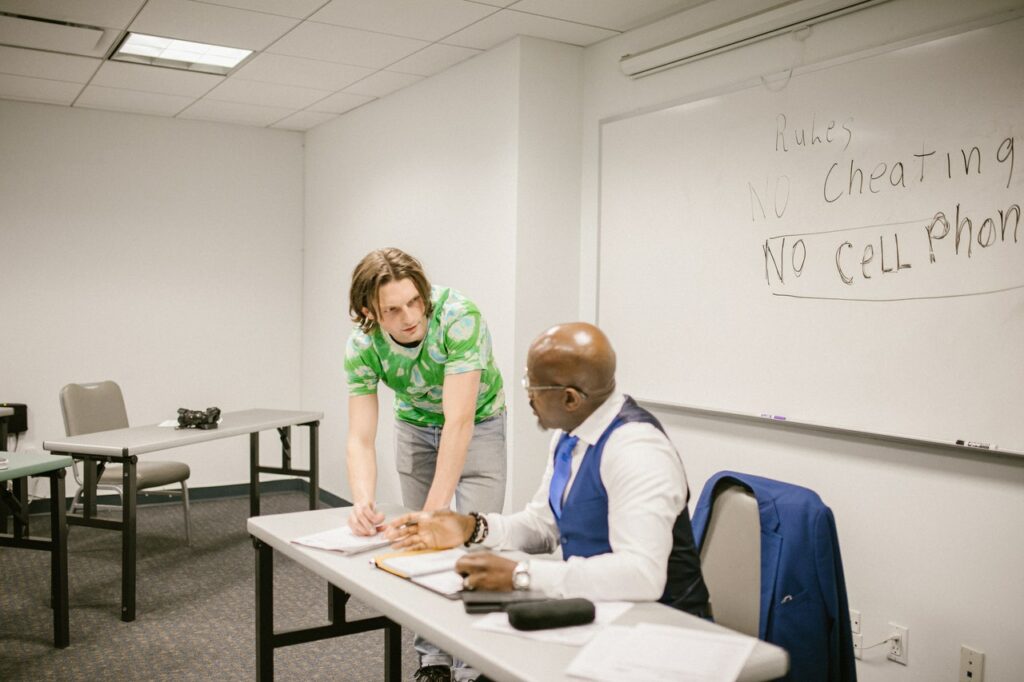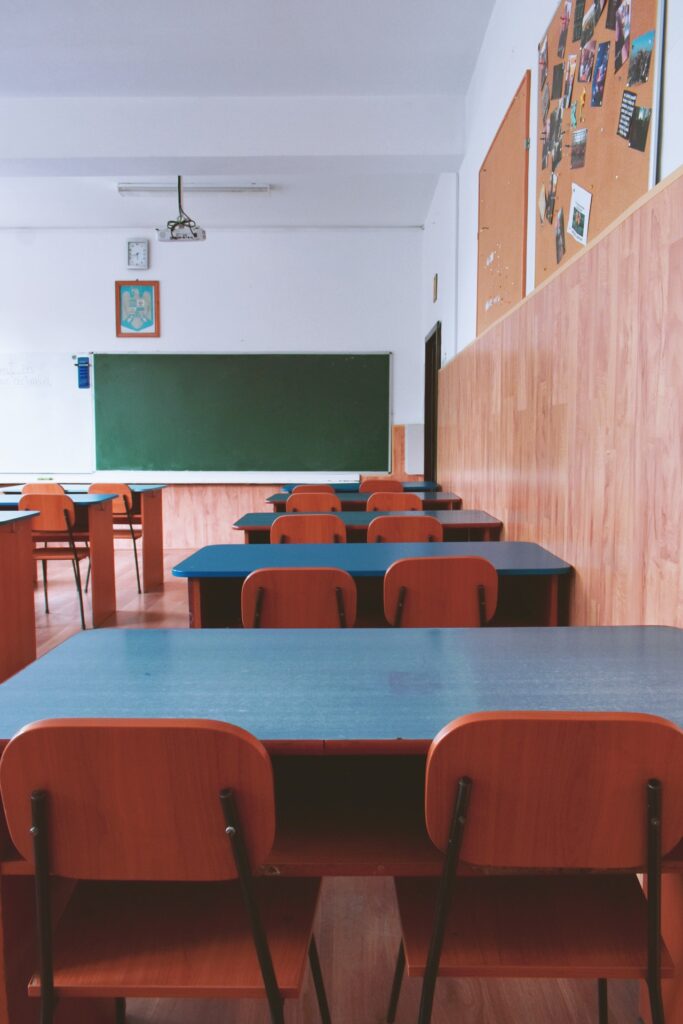High School to College Transition: What Happens Next?
High school to college transition will differ from one college to another. Every college must provide disability related services; however, each institution establishes its own specific accommodations, and those accommodations are determined from the documentation provided by students who self-identify.
High school to college transition requires work on your part. Sometimes students who come to college assume that the high schools have sent the information ahead of time. THAT WILL NOT BE THE CASE!! When your transcripts come from the high school, they (the colleges) are not going to know you had a learning disability or a health impairment or a 504 plan. That’s not on your transcripts. The only way anybody knows in college is if you tell them.
Visit the Disability Office at your college
Students who need services must come in and speak to the Disabilities Office. Your college may use a different department name, but someone is there to help you. If you cannot find the disability department, check with the Student Services department, or go to the dean’s office to find out whom you need to meet. You need to follow up. Most of the time, your professors can also suggest a person to talk to. In addition, you can also check the college website for available contacts.
If you assume you’re going to have accommodations like you did in high school, that’s not going to happen unless you actually have that conversation first with the Disability Services office. You can self-identify to the professor but even if you do that, you still need to get that information over to the Disability Services office, so that is a very very big change because you’re no longer relying on other people to take care of business.
Documentation policies vary
You will learn your colleges policies on documentation. Documentation parameters vary from one college to another college, so you will learn if your documentation is sufficient. Often, students end up needing additional disability testing or documentation.
Documentation determines accommodations.
Disability Services professionals will determine your accommodations. Those accommodations are based on your needs, your disability history, and your documentation. As a result, the early discussions you have with Disability Services are extremely important.
Arranging Accommodations
In addition, you need to learn how to build a schedule. You will likely need to see an advisor for those guidelines.
Once you have a schedule, you will need to see Disability Services again to arrange accommodations. Additionally, you may need some sort of assistive technology for classes. Sometimes, assistive technology takes additional time to prepare, so plan ahead to arrange it.
Finally, you need to get the accommodations to your professor. Be sure you know your college’s method of delivery and how to proceed if you have a problem.
Every college is different. Do you know your college’s policies and procedures?



